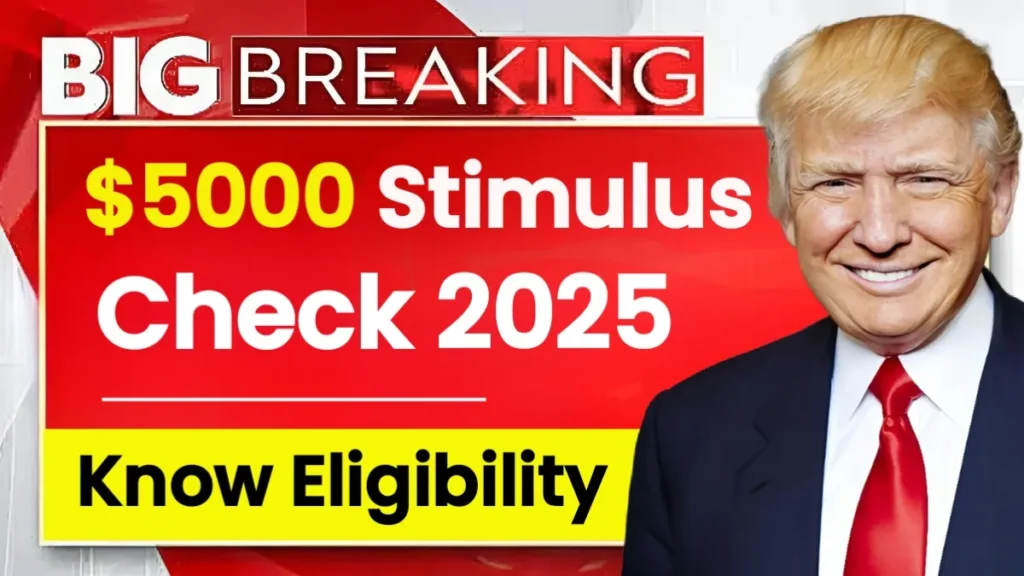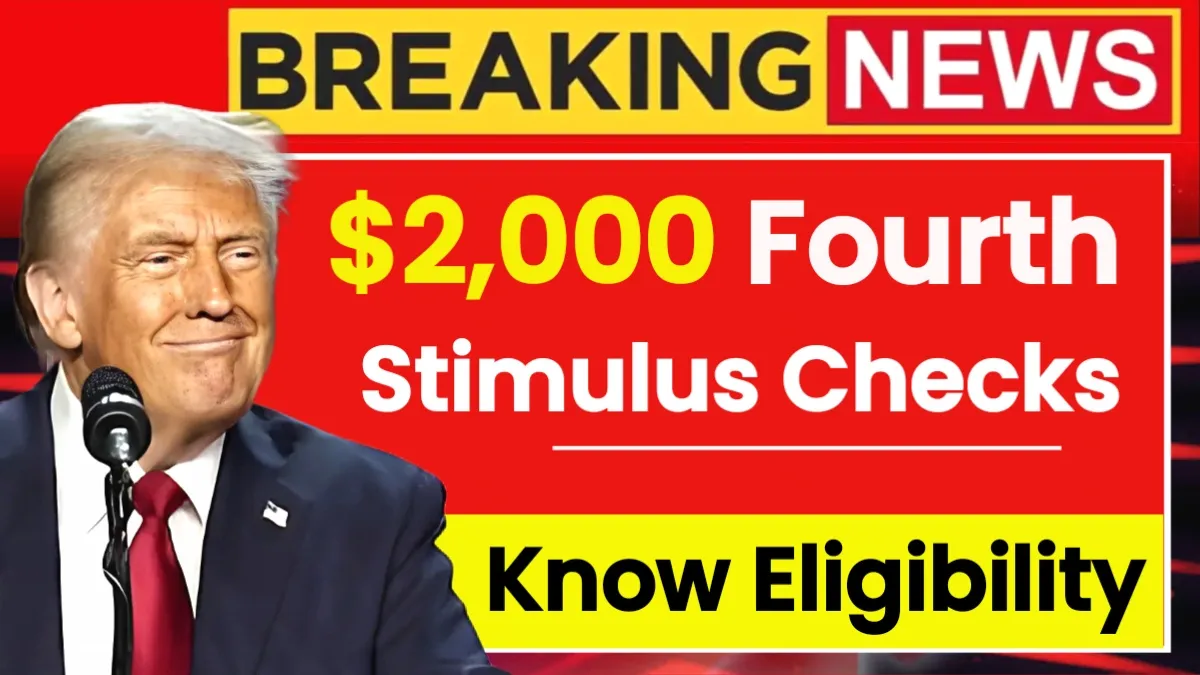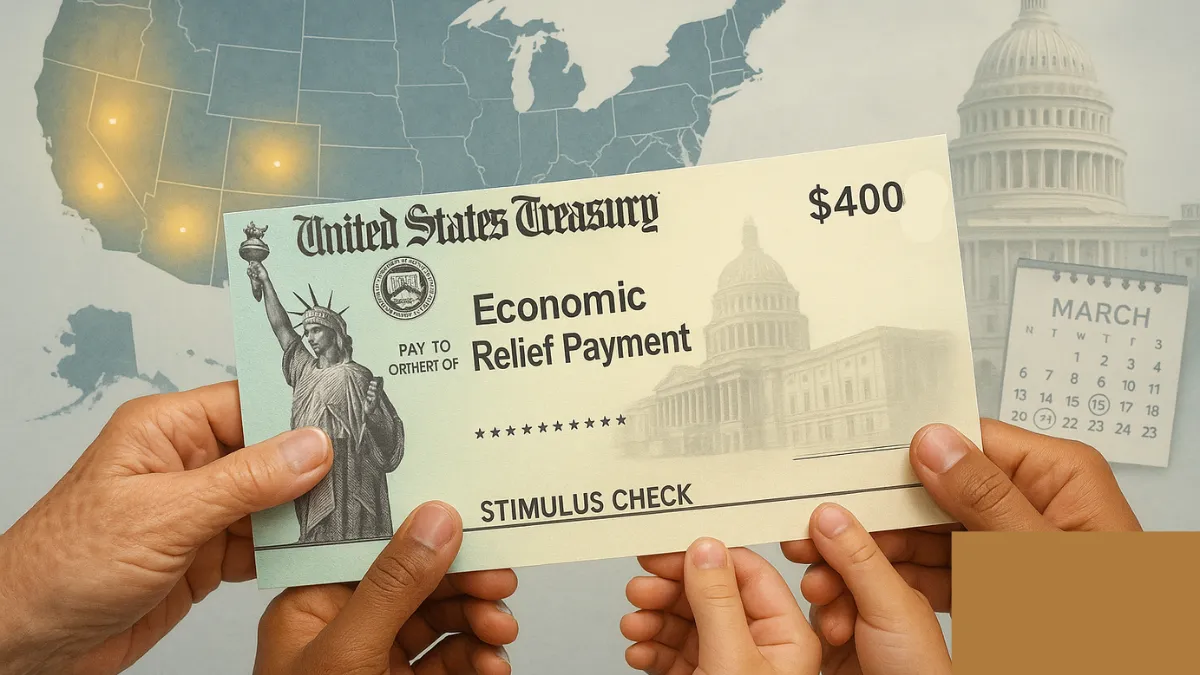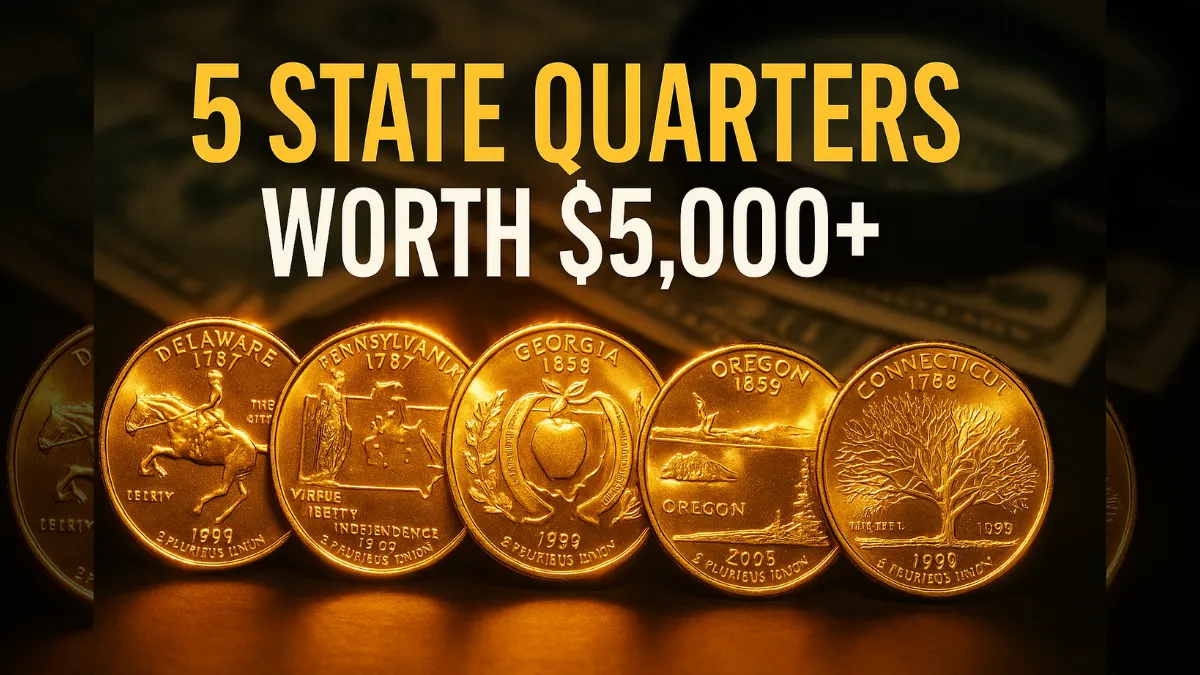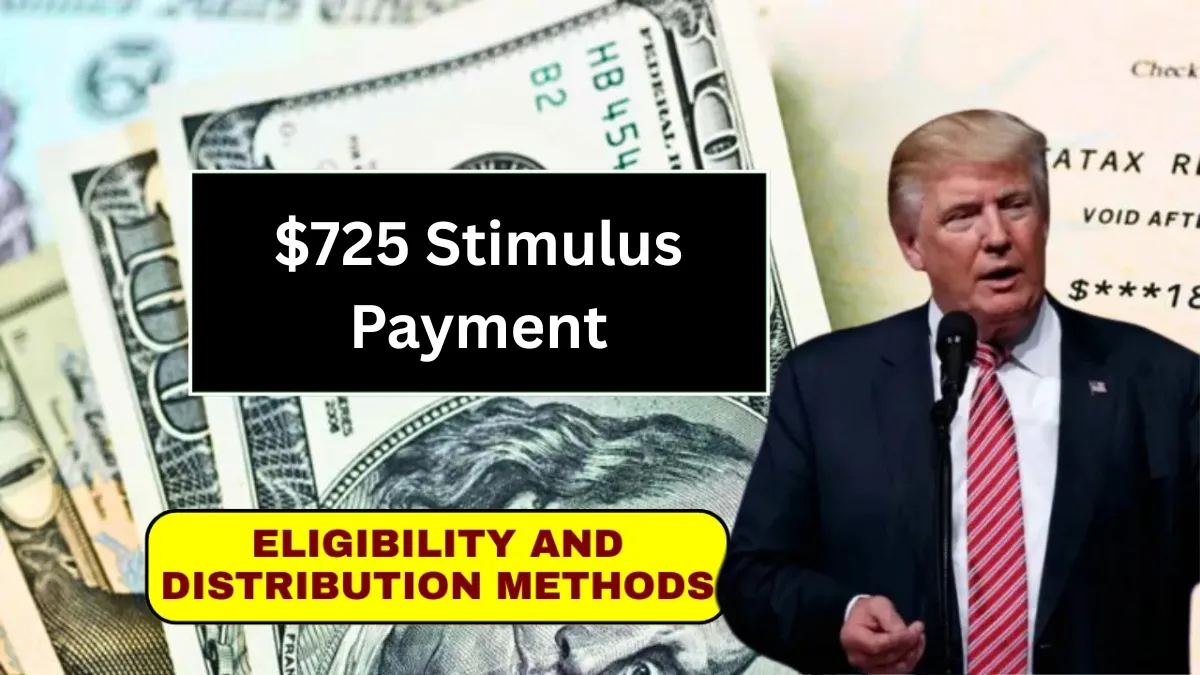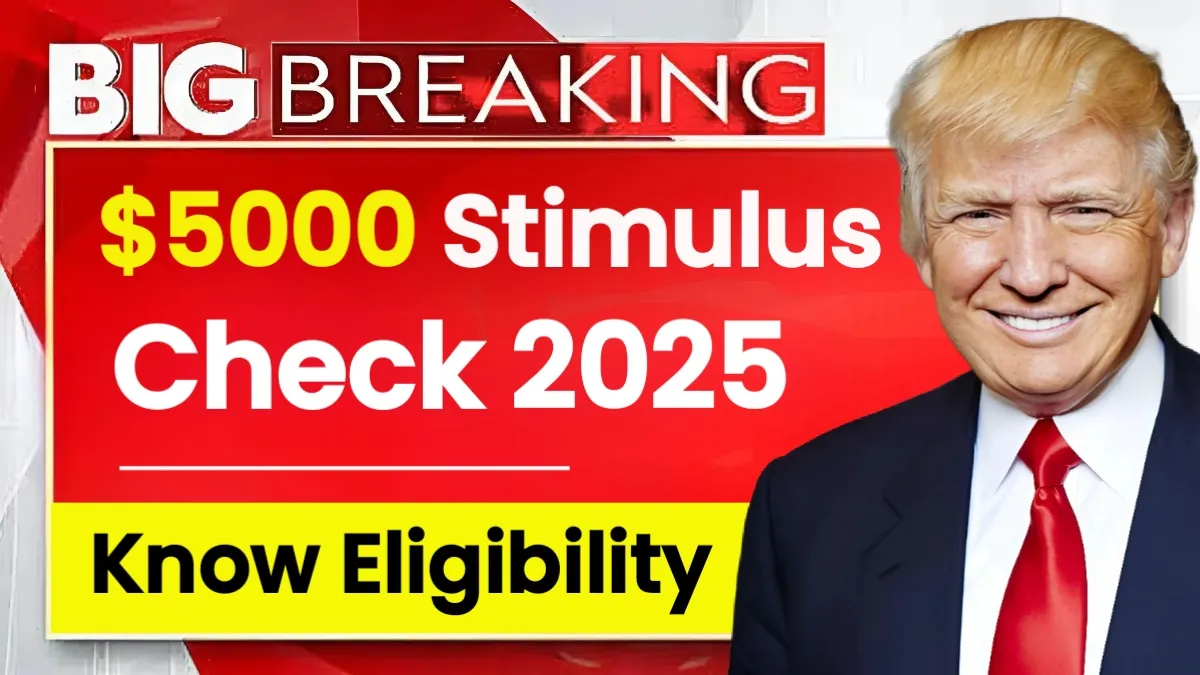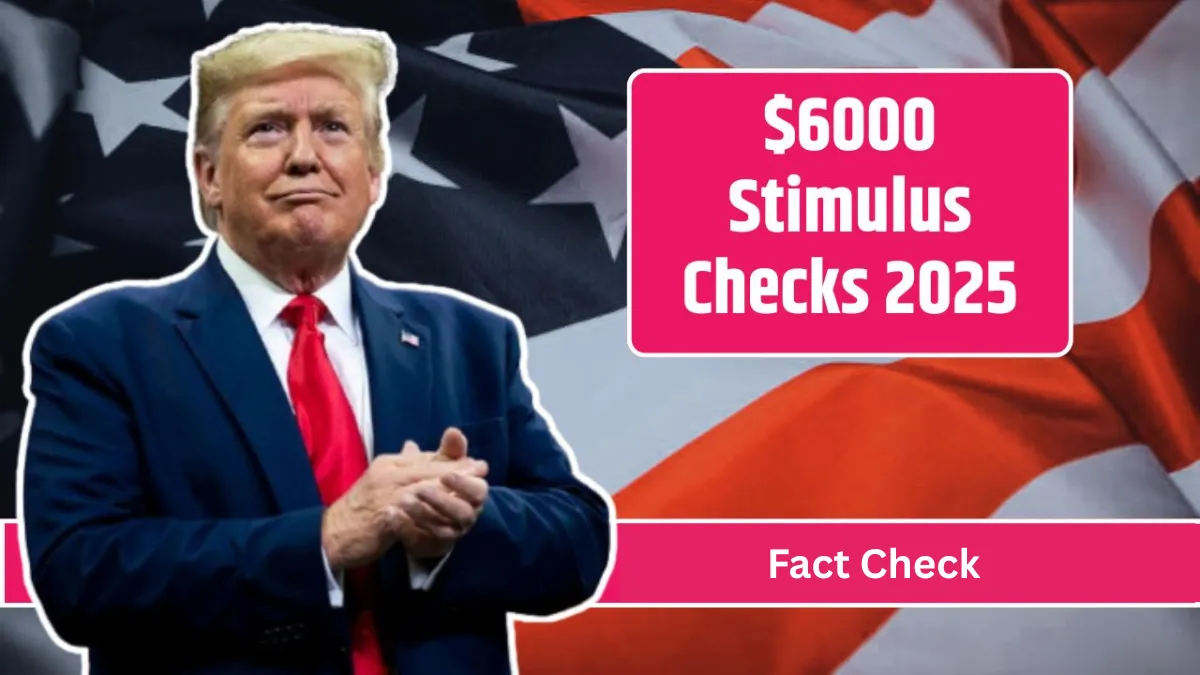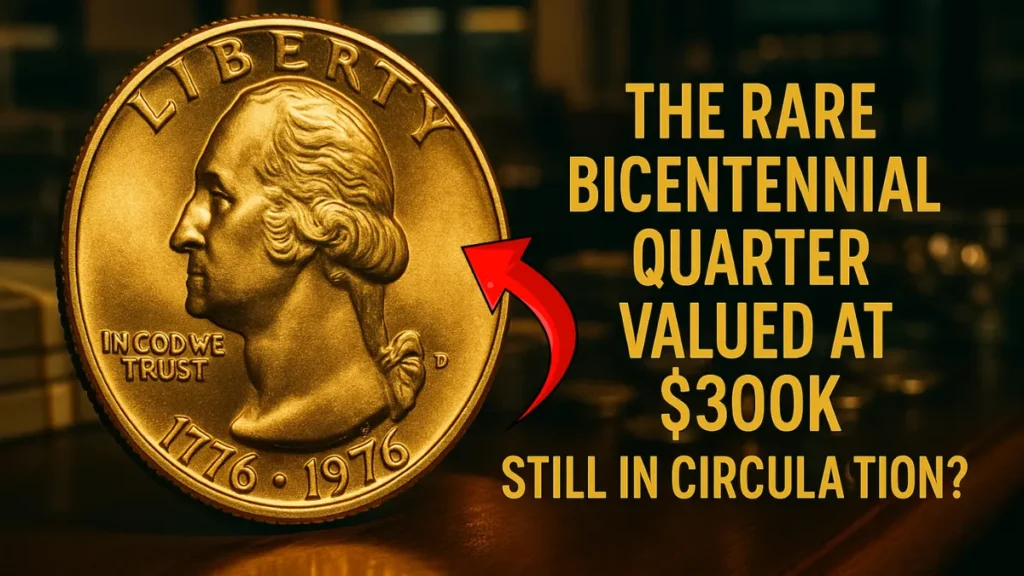$5000 Stimulus Check 2025: Amid growing concerns about rising inflation and the increasing cost of living, American families are eagerly watching discussions around a proposed $5000 stimulus payment for 2025. This initiative, known as the DOGE Dividend, is designed to offer financial support by redistributing savings generated through government efficiency efforts. Rather than introducing new spending, the idea centers on sharing actual funds saved through streamlined operations and smarter governance practices.
Public interest in this initiative is growing, especially among households still coping with high prices for basic goods, housing, and utilities. Unlike earlier stimulus efforts that added to national debt through borrowing, the DOGE Dividend aims to use only the money saved from cutting down government waste. This makes it a distinctive financial aid strategy with a built-in budget control mechanism, appealing to both policymakers and the public.
The Role of DOGE in Government Savings
The Department of Government Efficiency—commonly abbreviated as DOGE—was established with a mission to cut unnecessary expenses and improve how the federal government operates. According to available figures, DOGE has successfully generated around $170 billion in savings so far by targeting inefficiencies and wasteful spending. When divided among taxpayers, this figure equates to a saving of roughly $1,055 per individual, offering a clear view of how much impact such reforms can have.
Elon Musk, who has shown interest in DOGE’s goals, has stated that the agency’s objective includes passing some of these savings back to the American public. Under the current proposal, about 20% of the total savings generated by DOGE would be returned to qualifying households. This method directly connects internal government improvements to external economic relief, potentially making taxpayers more aware of and invested in government efficiency.
Proposal Details and Support
James Fishback, CEO of Azoria Investment Firm, has presented a comprehensive proposal outlining the DOGE Dividend system. His plan, detailed in a four-page submission, suggests that the funds be distributed as a tax rebate rather than a traditional stimulus check. This key difference means the payments would not add to national debt or stimulate inflation, as they are based on pre-existing savings, not borrowed capital.
The concept has gained the support of some high-profile individuals, including Elon Musk, who reacted favorably and said he would bring it to the attention of national leadership. Such endorsements suggest the idea is gaining momentum, although it remains in the proposal stage. Fishback remains optimistic, citing a growing circle of support from economists and policy experts who believe in the fiscal responsibility embedded in the plan.
Eligibility Requirements and Limitations
The DOGE Dividend has specific qualifications that separate it from earlier stimulus efforts. Only households that are net contributors in terms of taxes—meaning they pay more in federal income taxes than they receive back through deductions or credits—would be eligible. This rule is designed to ensure that the benefits go to families who play an active financial role in supporting government operations.
According to the current draft, single individuals and those receiving Social Security benefits would not be included in the program. The focus is on working families who manage household responsibilities and contribute to the federal budget through their earnings. These eligibility limits are meant to ensure the funds are targeted toward those who are balancing both economic productivity and family expenses.
Current Status and Future Prospects
At present, the DOGE Dividend remains an idea under consideration and has not received formal approval from Congress. Ongoing talks are being held between various interested parties, but no specific implementation date has been provided. For the proposal to move forward, it must pass through the legislative process and gain necessary authorizations from government bodies.
While advocates of the plan remain hopeful, they also acknowledge the complexities involved in passing any new fiscal policy. Supporters say discussions with key lawmakers continue and report strong interest from decision-makers. However, the unpredictable nature of legislative proceedings means the proposal could undergo changes, face delays, or be shelved entirely. Individuals hoping to benefit from this should follow official updates rather than online speculation.
Disclaimer
This article outlines a potential government program that has not yet been approved or enacted. All details are based on publicly shared proposals and discussions. For verified information on tax rebates or stimulus programs, individuals should rely on statements from official government agencies.
